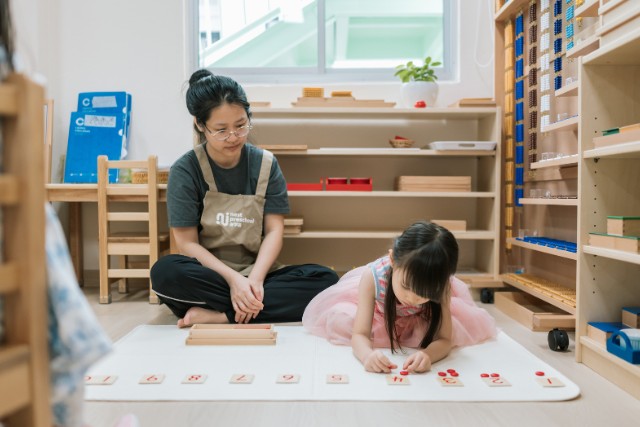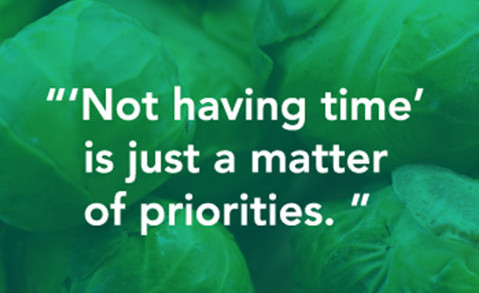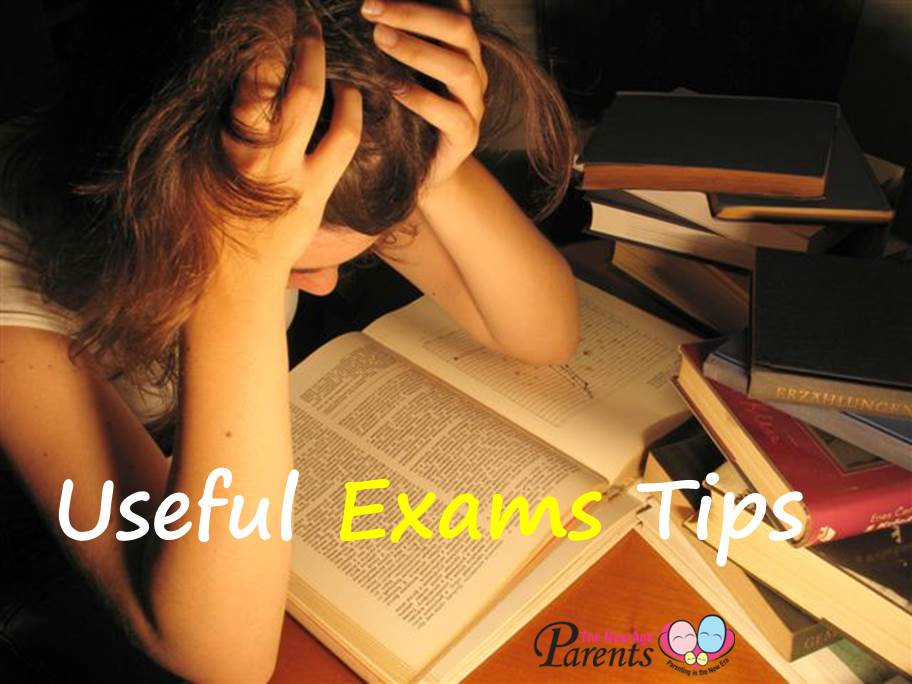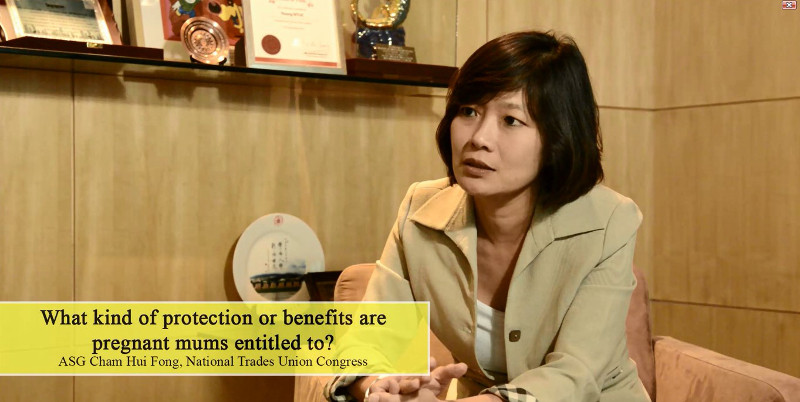Tests! We worry about the stress and the pressure on our children and probably the whole family; the constant practising of examination questions; the feeling that the numbers and scores are taking over.
But exams can also be good.
High stake exams, like the PSLE and indeed, end of year assessments show as effectively and fairly as any, where your child is educationally at a given point in time.
While exams can’t measure every aspect of a child’s strengths, they aren’t necessarily indicators of future results, income and aspirations. If your child has practised consistently, and are confident with the format, then the year-end exams are a good check of their learning.
The problem is not with these high stake exams. It’s the hundreds of low stake ones, i.e. the weekly tests, that can be more problematic. Again, regular testing is good. Research proves this.
However, there are caveats. Tests that check every aspect of the subject have limited use when we are thinking about improvement and learning.
Loophole in exams and tests
To illustrate this, imagine you are cooking a three-course meal in a competition.
The judges award it 6/10. Although you want to improve for the next round, the score doesn’t provide you with the specific feedback for improvement.
It doesn’t give you any information about what exactly went wrong, or where you lost the marks. Maybe there wasn’t enough salt. Perhaps the chicken was too dry. Your oven might have been too hot. You may not have added enough spice to the soup.
Without immediate feedback on the elements which caused the problems, it becomes impossible to know how to improve this specific skill. Your soup and chicken may have been perfect, but it was the dessert that let your score down.
The point is that you won’t know unless you are actually told what went wrong and how to improve that aspect.
So, back to exams, or rather, how to prepare for it.
Helping Your Child Prepare for Exams
- Spot question types
Being clear about which skill needs to be addressed will improve scores. Even within an exam task e.g. Sentence synthesis or Comprehension open-ended, the questions are checking different skills. If your child needs practice with synonym style questions, then focus on these only rather than doing the whole test paper.
- Set your own goals in school tests
See the classroom tests using past papers as an opportunity to target the issues identified above. Of course, your child has to complete the whole test but do agree with the target areas rather than focusing on the things they can already do.
- Make feedback immediate
If you have identified the skills that need attention and have found questions that support this then there has to be feedback as quickly as possible afterwards.
Hopefully, scores will have improved but where they haven’t, there has to be an explanation of why and where they went wrong quickly afterwards to have a positive impact on learning.
- Take a break to boost your scores
Accept that there might not be immediate results but don’t give up. Take a break, and come back to it again in a day or two. Psychologists call this interleaving and it does improve learning.
- Can!
Don’t let ‘I’m just really bad at composition’ be an excuse. There are a lot of myths surrounding ability and talent. Research actually suggests that all skills can be learned with the right kind of practice.
➡️ Related Read: Mistakes to Avoid for PSLE English Composition
Don’t believe for a second that Mozart just picked up a violin and played. He had years of practice and constant feedback. Importantly though, it is also essential for your child to believe that they can improve.
Picking up and celebrating even modest successes goes a long way to instilling a ‘can’ mentality.
This article was contributed by Charlie Spiller, Head of Primary Courses at The British Council.
The British Council is the UK’s international organisation for cultural relations and educational opportunities. British Council offers preschool, primary and secondary English enrichment courses to help students gain confidence and the skills to excel in school, examinations and beyond. At the primary level, courses are aligned with the MOE curriculum and support students on the pathway to a successful PSLE.
* * * * *
Like what you see here? Get parenting tips and stories straight to your inbox! Join our mailing list here.
Want to be heard and seen by over 100,000 parents in Singapore? We can help! Leave your contact here and we’ll be in touch.































































